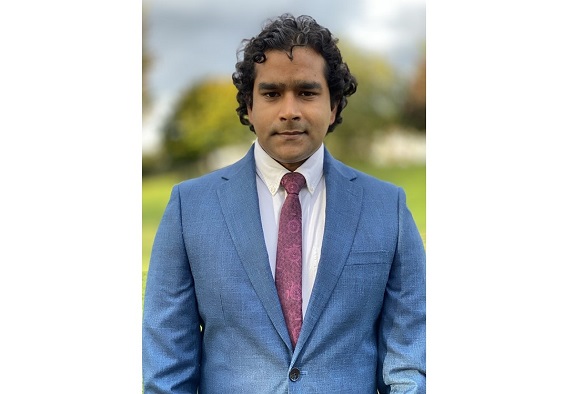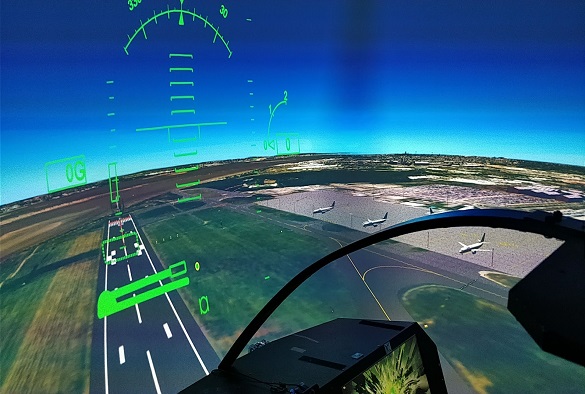
Dr Mushfiqul Alam, a senior Research Associate in the School of Engineering, is the winner of the 2020 Royal Aeronautical Society Herbert Le Sueur Award in recognition of his research into novel systems to increase safety during helicopter autorotation. These are carried out in the event of an engine failure or other catastrophic event.
The Royal Aeronautical Society awards are the global aerospace community’s most prestigious and long-standing awards honouring achievement and innovation.
The Herbert Le Sueur Award is awarded to a young person whose studies will be enhanced by attending a UK or European conference with at least some content related to rotary-wing or fixed-wing aircraft safety.
Jonathan Cooper FRAeS, President, Royal Aeronautical Society said: “The Royal Aeronautical Society is incredibly proud of all the award winners. They have made tremendous strides in advancing the fields of aviation, aerospace and space. Many of the winners have made changes which will influence the future of our sectors, create a pathway for a more sustainable future, and are proactively creating a more diverse and inclusive workforce.”
Dr Alam is part of Dr Michael Jump’s Flight Science and Technology (FST) research group in the Department of Mechanical, Materials and Aerospace Engineering.
Dr Jump said: “This is richly deserved recognition for a talented researcher, I have always been impressed with his motivation and results, all the way from his days as an undergraduate student at Liverpool to today. I look forward to continuing to work with him on this and many future projects.”
Dr Alam’s research focuses on flight dynamics and guidance systems, with the aim of developing a series of visual, auditory and haptic sensory cues to allow helicopter pilots to perform the emergency helicopter autorotation manoeuvre safely and reliably throughout the flight envelope.
Piloted flight simulation tests of the novel cueing techniques using Liverpool’s HELIFLIGHT-R full-motion simulator demonstrated the potential to offer a significant enhancement in safety to pilots during this dangerous and high workload situation.
The work has been carried out in close collaboration with engineers at the Georgia Institute of Technology.
